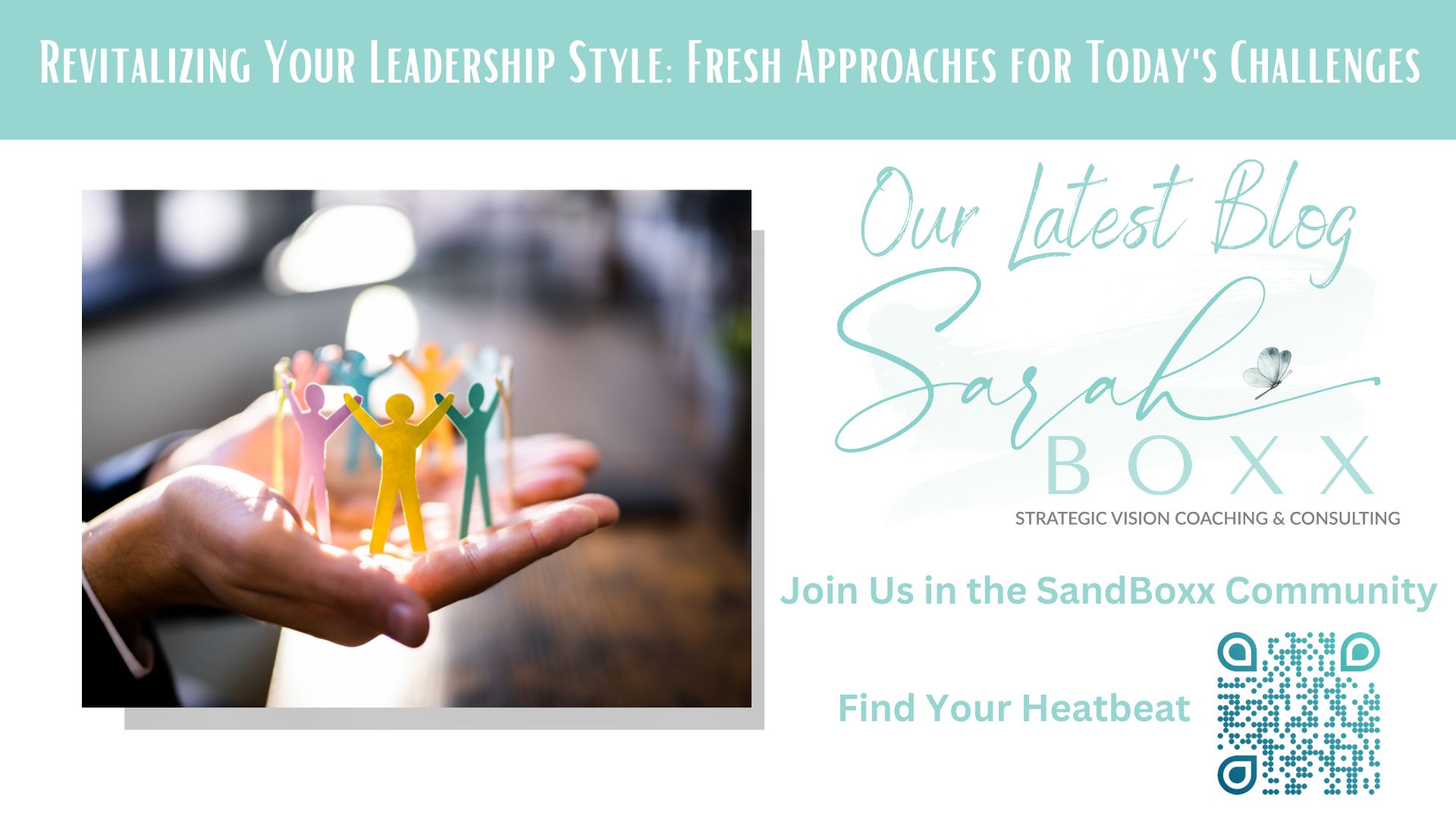When was the last time you read a book? Or even an article of some length? Not just the headline of an article in your Facebook feed, but the actual article? I don’t ask these questions to shame you but to challenge you. I want to give you pause as you think about the ways you are being shaped. In this age of short tweets and quick social media updates, it’s just too easy to let our daily reading habits center around those updates. Add that to the directions on a new piece of technology or for the recipe just made for dinner, and you might have just summarized the extent of your meaningful reading of late. It’s easy to slip there – unless you’re intentional to do otherwise.
If you’re one of countless people who don’t make a habit of reading regularly, you might be missing out: reading has a significant number of benefits. In fact, would you be surprised to learn that your goals and dreams for 2017 could benefit from a habit of reading?
Need a little more convincing? I get it. Your time is valuable and each day brings with it a host of things that need to be done. Each one calling for your time and attention. With so much on your plate, why should reading take up some space in your daily living? Here are a few reasons to consider adding it into your 2017 planning.
- Mental stimulation. Studies have shown that staying mentally stimulated can slow the progress of Alzheimer’s and Dementia. A lifetime of reading might just help keep your brain in shape as you age. Just like any other muscle in the body, the brain requires exercise to keep it strong and healthy. It’s a literal “use it or lose it” scenario.
- Improved focus. In our modern world, our attention is drawn in a million different directions at once as we multi-task through every day. One blogger posits that in a single 5-minute span, the average person will divide their time between working on a task, checking email, chatting with a couple of people, keeping an eye on Twitter, monitoring their smartphone, and interacting with co-workers. This type of ADD-like behavior causes stress levels to rise and actually lowers our productivity. We think we’re getting more done when, in truth, we are accomplishing less meaningful work. Reading helps reverse that tendency by teaching us to focus as we methodically follow a plot or an argument, instead of pinging all over the place.
- Reduced stress. According to a study at the University of Sussex in 2009, reading is the most effective way to overcome stress. It beat out listening to music, enjoying a cup of tea or coffee, and even taking a walk! If you listen to your books on audio, you may have even found that the sound of a great narrator’s voice draws you in and helps reduce external pressures.
- Increased knowledge and understanding. Everything you read fills your mind with new bits of information. Reading exposes you to new people, innovative ideas, different ways of doing things, and new ways thinking about yourself and the world. Not only does this practice expand our knowledge base as we learn from the others’ experiences, it also increases our empathy as we relate to people who have different perspectives.
Those are some powerful motivators! But, motivation doesn’t always translate into action. As with any purposeful activity, you need a plan. That is, if you’re really going to succeed in regularly exercising your reading muscles. In the next few posts, I’ll add practical suggestions and share a few of my favorite books. My encouragement for now: step away from your computer, tablet or smartphone for a little while and crack open a book!




